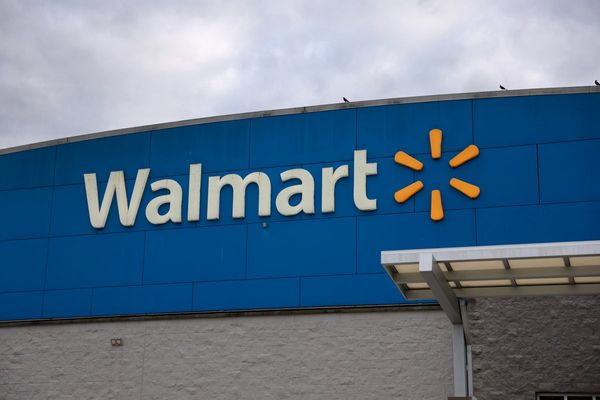
San Francisco (AFP) - Facebook's parent firm Meta delivered unsteady results Wednesday, with threats to its key ad business, big expenses on its metaverse vision and a weaker forecast that plunged shares some 20 percent in after-hours trading.
Already jittery markets have punished pandemic-era darlings including Netflix for disappointing results, with Meta getting a taste of that after its $10.3-billion quarterly profit and slightly lower number of daily users fell short of expectations.
Analysts expected 1.95 billion daily active users on Facebook, but Meta reported 1.93 billion -- a key indicator of the growth trajectory for a company fueled by the people who choose to interact with its platforms.
The signature Facebook platform, instead of growing, lost roughly one million daily users globally in the last quarter of 2021, according to the earnings report.
"We expect continued headwinds from both increased competition for people's time and a shift of engagement within our apps towards (features)...which monetize at lower rates," the company said in an earnings statement.
Costs at Meta surged 38 percent compared to the same period a year earlier, and the number of employees was up 23 percent to 71,970 by year's end.
Above all, the company warned that the rules imposed by Apple last year on ad targeting could have a negative impact on its financial results in the fourth quarter.
In the update of iOS, its mobile operating system, Apple required application publishers to ask permission before collecting data, much to the regret of companies like Meta that rely on that information for ad targeting.
"Meta may only generate single-digit revenue growth.And that's before any further legal and regulatory developments and actions," Third Bridge analyst Scott Kessler said.
"It seems that many are re-evaluating in real-time," he added.
Meta's share price was down about 22 percent to roughly $251 at 2240 GMT in after-hours trade.
Metaverse cost
These are the first results released since the company's name change in late October, which was both a turn toward the metaverse vision and a turn away from its scandal-prone social media empire.
The Silicon Valley giant's whistleblower crisis last year highlighted accusations that executives prioritized growth over keeping their billions of users safe.
Scathing news reports based on internal documents leaked by ex-employee Frances Haugen rekindled long-deadlocked regulation efforts, but US lawmakers have made little progress since.
An activist group calling itself The Real Facebook Oversight Board seized on the results to warn of what may come next.
"Facebook appears to now be feeling the impact on ad revenues from Apple's new privacy first approach," the group's statement said.
"This will no doubt make them more desperate to drive ad revenue by any means necessary," it added.
Facebook founder Mark Zuckerberg sought to highlight positives in the results.
"I'm encouraged by the progress we made this past year in a number of important growth areas... we'll continue investing in these and other key priorities in 2022 as we work towards building the metaverse," he wrote.
In this future that evokes science fiction, the public will use augmented reality glasses and virtual reality headsets to find their way around, work or play.
But its construction means tens of billions of dollars of investment in the Facebook Reality Labs branch, without any benefits for a long time.
In terms of users, the company has continued to expand, but at moderate rates.
As of December 31, 2021, 2.8 billion people were using one of its four platforms and messenger services at least once a day, and 3.6 billion at least once a month.







